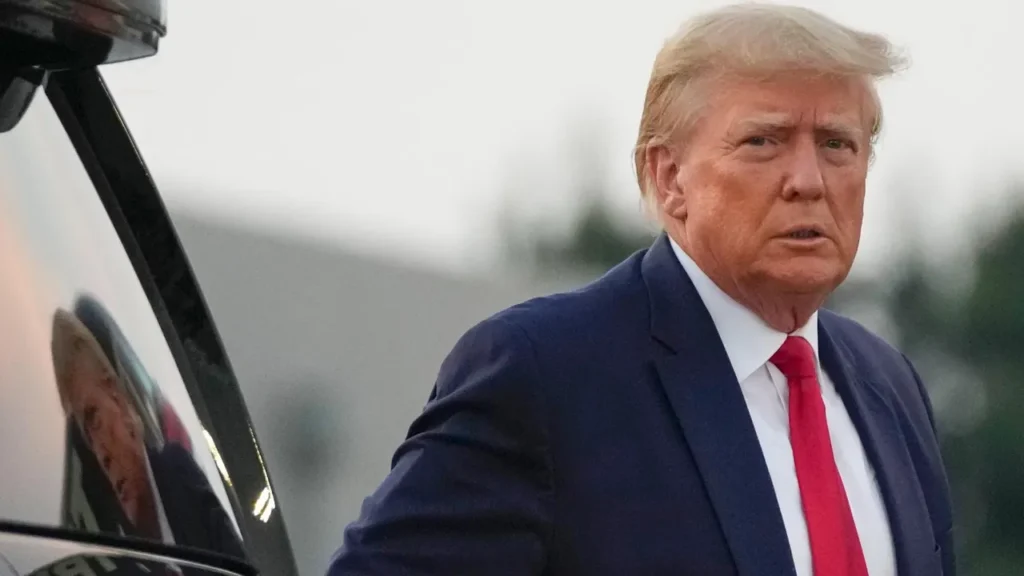Newsmatro

As Democrats continue to pursue legal actions against former President Donald Trump and his associates for their roles in challenging the 2020 election results, concerns about free speech rights have been raised. Some argue that the relentless prosecution of Trump risks compromising the principles of free expression.
In this climate of political polarization, the pursuit of political opponents has led to a reevaluation of the Democratic Party’s stance on free speech. Critics argue that Democrats have, at times, endorsed censorship and blacklisting to silence conservative voices.
Here are some notable examples:
Democratic leaders have frequently called on social media platforms to ban or suppress individuals with opposing viewpoints. Critics have labeled this effort as a form of “censorship by surrogate.”
President Joe Biden accused social media companies of “killing people” by not censoring more users. His administration officials echoed this sentiment, with the FDA commissioner even suggesting that “misinformation” posed a medical risk.
The head of the Cybersecurity and Infrastructure Security Agency expanded the agency’s mandate to include “cognitive infrastructure” and launched efforts to combat “malinformation” – information used out of context to mislead or manipulate.
New York Democrats proposed limiting speech in the name of protecting democracy, while former Clinton administration Labor Secretary Robert Reich suggested that free speech could become a form of “tyranny.”
A federal judge recently characterized the Biden administration’s actions as “the most massive attack against free speech in United States history.” Despite this, a significant percentage of Democrats continue to support speech limitations.
Critics argue that Democrats have abandoned their historical commitment to free speech, instead prioritizing silencing dissenting voices. This shift in approach has raised concerns about the erosion of free speech rights in the country.

The invocation of Oliver Wendell Holmes’ famous “fire in a crowded theater” analogy during a congressional hearing underscores this concern. When Professor Jonathan Turley warned of the dangers of censorship and blacklisting, Rep. Dan Goldman, D-New York, cited Holmes’ view to justify silencing individuals whose views are deemed dangerous.
Despite its origins in a period of anti-free speech repression, this line of argumentation has become a mantra among some Democrats.
The ongoing legal actions against Trump and his associates, particularly the use of racketeering claims, have prompted concerns about the criminalization of election challenges. While many may oppose Trump’s claims of widespread voter fraud, they question whether such challenges should be subject to criminal prosecution.
The effort to extend the 14th Amendment to bar Trump from running in 2024 is also causing alarm. Critics argue that this move could set a dangerous precedent, as it relies on claims of “insurrection or rebellion” without formal charges of incitement.
In the pursuit of Trump, some progressives are invoking legal authority previously used to justify the imprisonment of socialists and union organizers. Critics argue that this tunnel vision may blind them to the broader implications of their arguments.
As this political battle unfolds, some warn of the dangers of becoming what one opposes and urge a reevaluation of the path taken.
In the words of philosopher Friedrich Nietzsche, “If you gaze long enough into an abyss, the abyss will gaze back into you.”